In the ever-evolving landscape of finance, technology remains the cornerstone of innovation. Among the most transformative advancements in recent years is agentic AI trading a revolutionary approach redefining how markets operate. This article explores the world of AI trading platforms, delving into their tools, benefits, and the growing role of automation in shaping the future of trading.
What Is Agentic AI Trading?
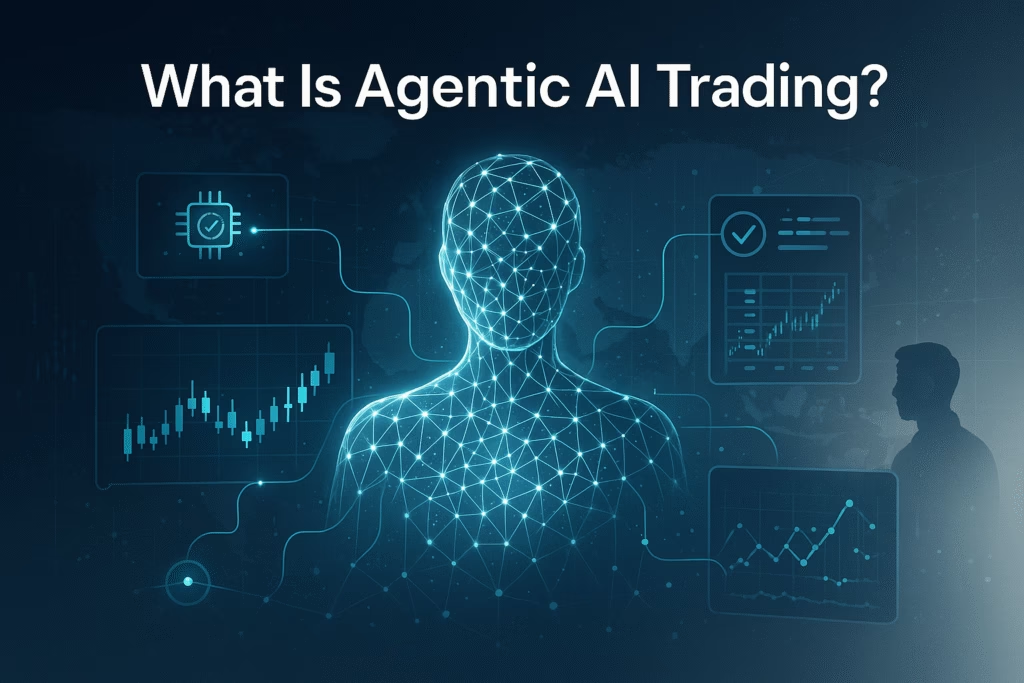
Agentic AI trading refers to the use of artificial intelligence systems that autonomously execute trades. These advanced AI systems can analyze massive datasets, learn from them, and make independent trading decisions with minimal human input.
The term “agentic” highlights the AI’s ability to act independently mirroring the decision-making process of experienced human traders while operating at unmatched speed and scale.
The Evolution of AI Trading Platforms
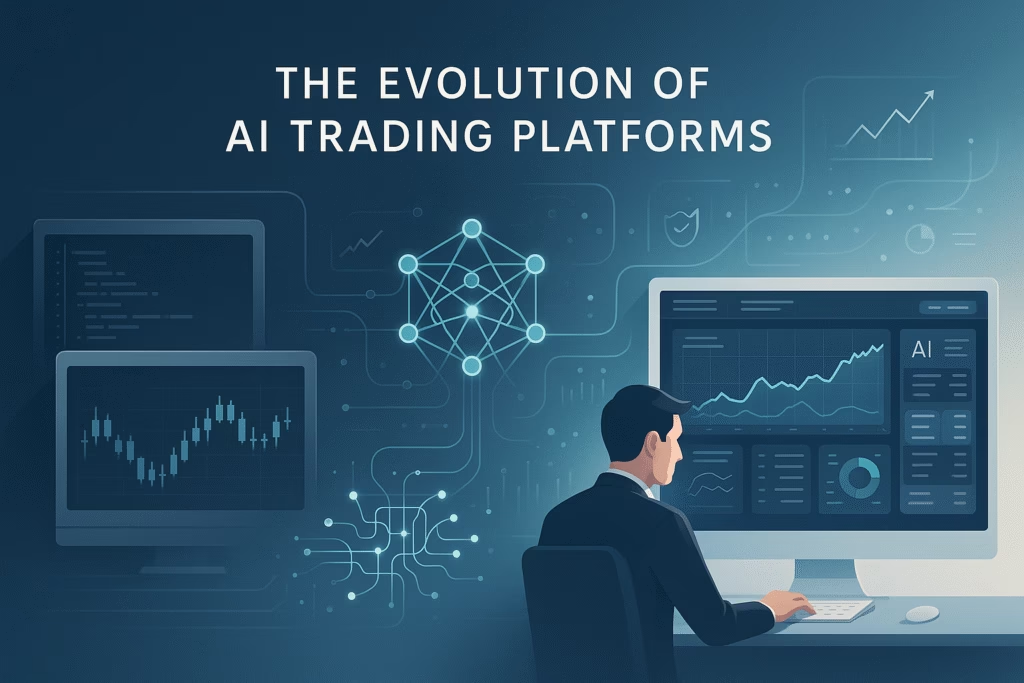
AI trading platforms are driving this technological revolution by offering the essential infrastructure for automated and algorithmic trading. Leveraging machine learning, predictive analytics, and real-time data processing, these platforms can forecast market movements, optimize execution, and manage risk efficiently.
Today’s AI platforms are not only powerful but also increasingly intuitive and user-friendly, designed to serve both professional and retail traders.
Key Features of AI Trading Platforms
1. Advanced Data Analysis and Insights
AI platforms process and interpret vast amounts of market data to deliver actionable insights. Traders gain access to real-time analytics, visual dashboards, and predictive indicators that help them make informed, data-driven decisions.
2. Algorithmic Trading Capabilities
Users can design and deploy custom algorithms that automatically execute trades based on pre-set rules. This automation minimizes manual intervention and enhances accuracy in trade execution.
3. Comprehensive Risk Management Tools
AI tools integrate sophisticated risk assessment models, helping traders anticipate volatility and mitigate losses through predictive analytics and position sizing optimization.
4. Backtesting and Simulation
By using historical data, traders can simulate and test their strategies before live deployment. This ensures that only well-optimized, proven strategies are implemented in real markets.
5. Customization and Flexibility
Modern platforms offer highly customizable interfaces, allowing traders to align their strategies with specific market conditions, time frames, and investment goals.
Benefits of Agentic AI Trading
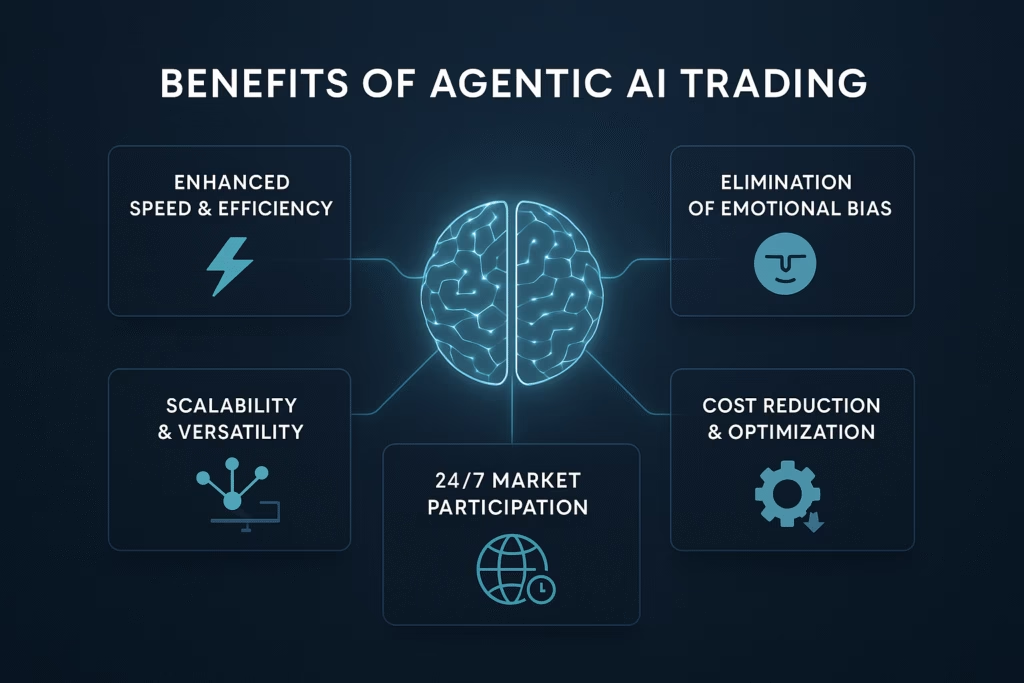
Enhanced Speed and Efficiency
AI systems analyze data and execute trades in milliseconds a critical advantage in markets where timing determines profitability.
Elimination of Emotional Bias
AI trading removes human emotions like fear and greed from the decision-making process, ensuring purely rational and consistent trading behavior.
24/7 Market Participation
AI never sleeps. It continuously scans global markets, identifying and acting on opportunities around the clock — even across different time zones.
Scalability and Versatility
From trading multiple assets to managing multiple accounts, AI systems effortlessly scale to handle complex operations, enabling traders to expand without adding workload.
Cost Reduction and Resource Optimization
By automating repetitive tasks, AI trading reduces labor costs and frees traders to focus on strategic analysis and high-level decision-making.
Automated Trading Strategies in Agentic AI Systems
Automated strategies are the foundation of agentic AI trading, using algorithms to determine optimal entry and exit points while balancing risk and reward.
1. Trend Following
AI identifies and follows established market trends, executing trades aligned with directional momentum.
2. Mean Reversion
This approach assumes that prices will revert to their historical average. AI identifies overbought or oversold conditions to capitalize on corrections.
3. Arbitrage
AI systems exploit price discrepancies between markets or exchanges, executing near-instant trades to lock in low-risk profits.
4. Market Making
AI places simultaneous buy and sell orders, profiting from the bid-ask spread while enhancing market liquidity.
5. Sentiment Analysis-Based Strategies
Using natural language processing (NLP), AI analyzes sentiment from news, social media, and reports to predict market reactions.
6. Scalping
AI executes high-frequency micro-trades to capture small price movements in liquid markets a strategy demanding speed and precision.
The Future of Agentic AI Trading
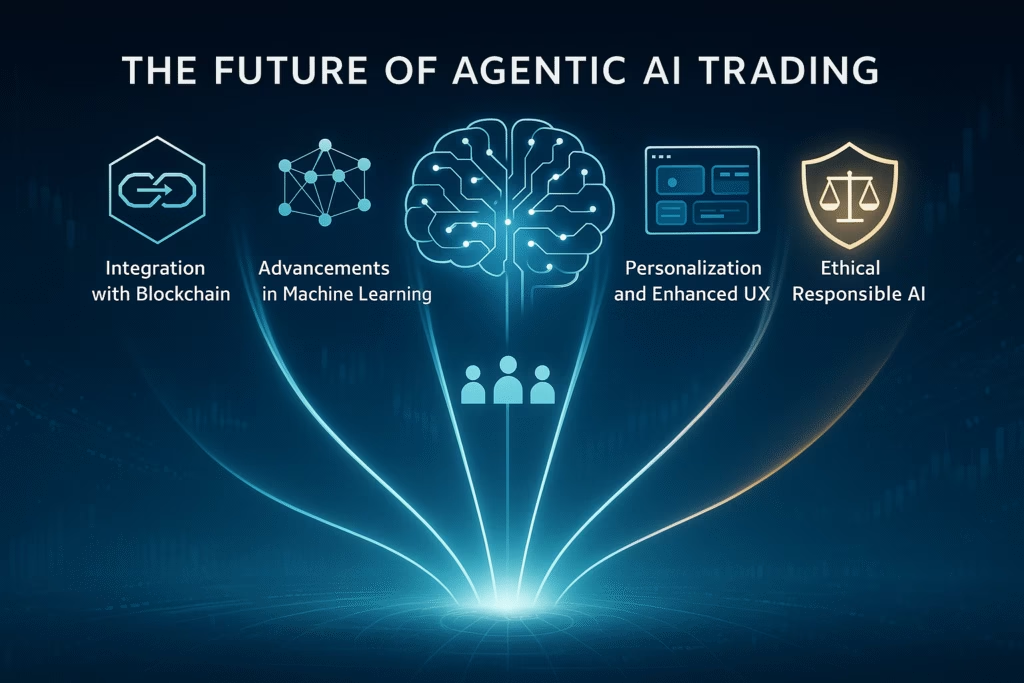
The future of AI-driven finance looks promising, with continuous innovations shaping how traders engage with markets.
Integration with Blockchain
Combining AI with blockchain technology enhances transparency, security, and auditability of transactions, reducing fraud and manipulation risks.
Advancements in Machine Learning
As algorithms grow more sophisticated, AI will deliver even more accurate predictions and dynamic adaptability to changing market trends.
Democratization and Accessibility
Agentic AI tools are no longer limited to institutions. Affordable platforms are empowering retail traders to access institutional-grade automation.
Personalization and Enhanced UX
AI trading interfaces will become more personalized and intuitive, enabling traders to design custom dashboards and strategies aligned with their preferences.
Ethical and Responsible AI
As AI trading becomes widespread, the industry will emphasize ethical standards, transparency, and regulatory compliance to maintain market trust.
Challenges and Considerations
While agentic AI trading offers immense potential, traders must address certain challenges to ensure sustainable success:
- Data Quality: AI’s accuracy depends on the integrity and freshness of data sources.
- Overfitting Risks: Excessive optimization on past data can harm live performance.
- Regulatory Compliance: AI trading must adhere to evolving financial regulations.
- Cybersecurity: Protecting sensitive trading data from cyber threats is paramount.
- Ethical Transparency: AI systems should operate transparently and be accountable for their decision-making processes.
Conclusion
Agentic AI trading is transforming the financial ecosystem delivering unparalleled speed, precision, and scalability. By harnessing AI trading platforms, traders can navigate market complexities more efficiently while reducing risk and human error.
As technology continues to evolve, agentic AI trading promises a future where trading becomes more intelligent, accessible, and profitable. Achieving this vision will require ongoing innovation, ethical responsibility, and a steadfast commitment to transparency and performance.
Automate Your Trades with PickMyTrade
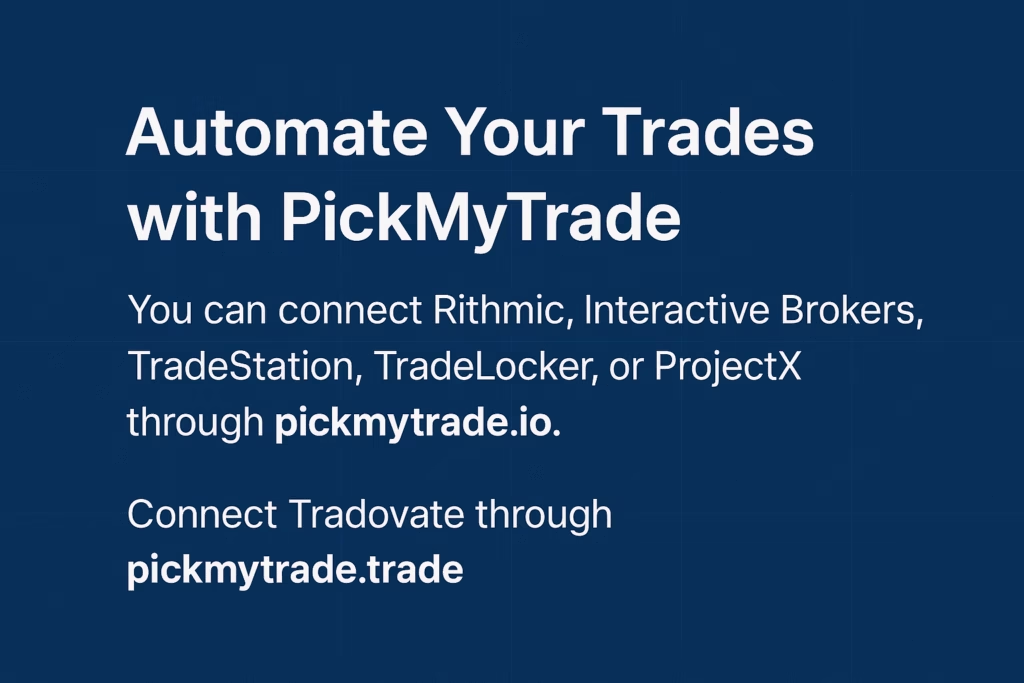
For traders looking to automate trading strategies, PickMyTrade offers seamless integrations with multiple platforms. You can connect Rithmic, Interactive Brokers, TradeStation, TradeLocker, or ProjectX through pickmytrade.io.
If your focus is Tradovate automation, use pickmytrade.trade for a dedicated, fully integrated experience. These integrations allow traders to execute strategies automatically, manage risk efficiently, and monitor trades with minimal manual intervention.
An AI trading bot is software that uses artificial intelligence to analyze financial markets and execute trades automatically. These bots can follow predefined strategies or learn from market data to optimize trading performance. Examples include AI auto trader, AI bot trading, and AI trade bots.
AI trading bots work by processing market data, detecting patterns, and executing trades based on algorithms. They remove emotional decision-making from trading and can operate 24/7. Popular types include AI stock trading bots, AI automated trading software, and algorithmic trading bots.
Yes. AI bots for stock trading and AI automated stock trading apps allow investors to buy and sell stocks automatically, based on AI-driven signals and strategies. Some platforms even offer AI stock trading bots for beginners or AI trading bots free for trial use.
Absolutely. There are AI day trading bots designed to monitor market trends, execute trades quickly, and manage risk. These bots are ideal for traders looking to take advantage of short-term market movements efficiently.
AI trading bots are automated systems that execute trades based on algorithms.
AI traders may refer to apps or platforms, like AI trader apps, that offer AI-based trading guidance, signals, or automated trading features.
Some AI trading bots free versions are available, but full-featured platforms or professional bots usually require a subscription or purchase. Free options are great for beginners to explore auto trading bot functionalities without financial risk.
Yes, most AI automated trading platforms and AI trading bots for stocks support multiple strategies such as trend following, scalping, mean reversion, and arbitrage. Advanced bots may also incorporate AI signal copiers to replicate successful trades.
Safety depends on the AI trading platform and risk management features. Reliable bots include AI brokers, algorithm trading platforms, and AI bot trading apps that prioritize security, compliance, and transparency.
Yes. There are auto trading bots crypto specifically designed for cryptocurrency markets. They use the same principles as AI stock trading bots, analyzing market data to execute trades automatically.
Absolutely. Platforms like AI trading bot stocks for beginners or AI auto trading software are user-friendly and designed to help novices start automated trading without prior experience.
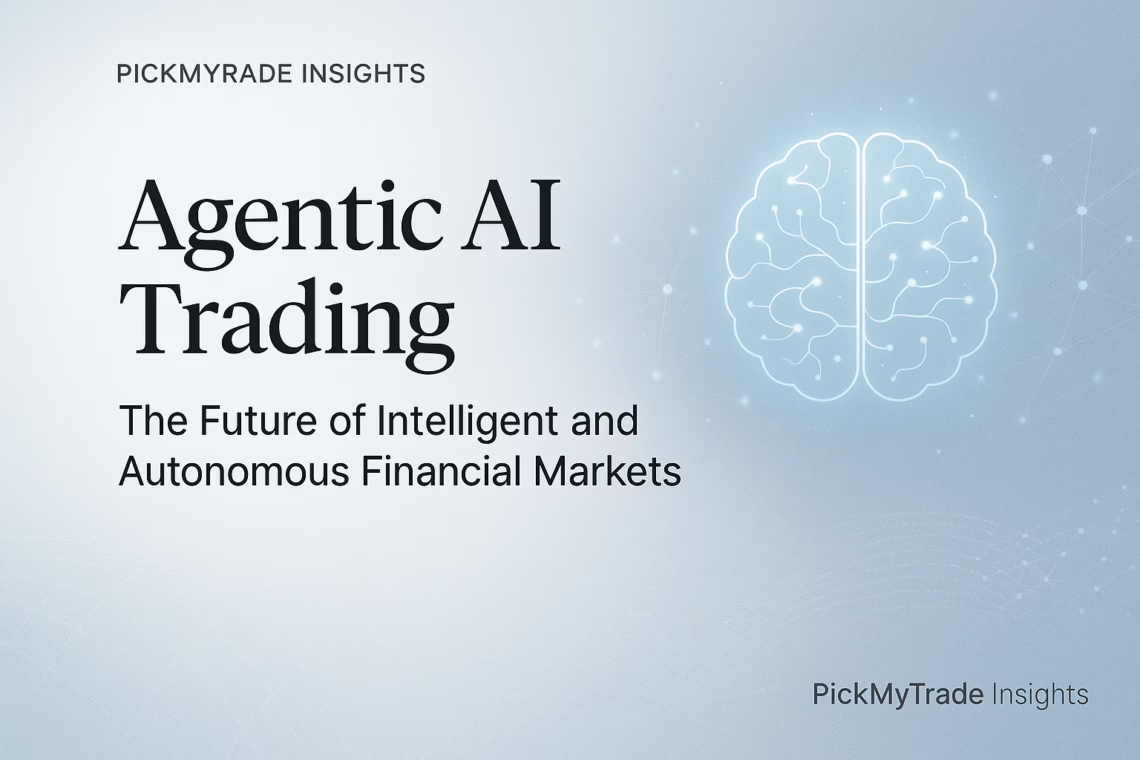


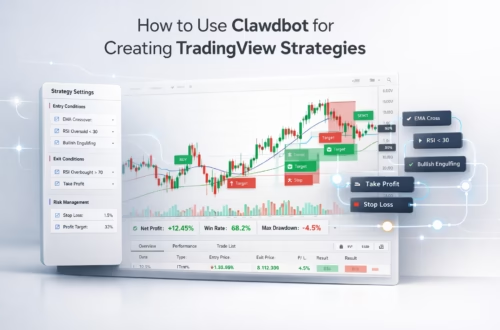
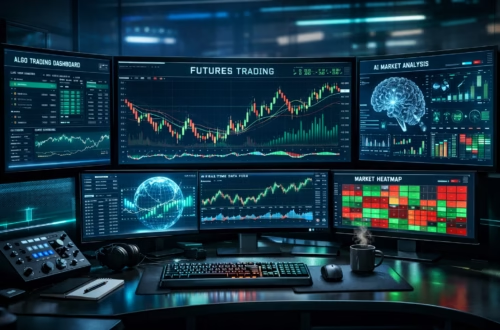
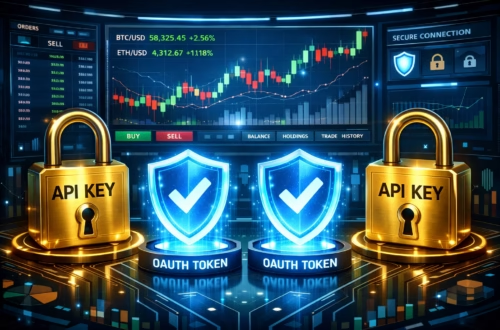
I really appreciate how this post highlights the role AI plays in forecasting market trends and optimizing execution. It’s amazing how AI can process such massive datasets in real-time, but I’m curious if there are any risks to relying too heavily on AI for trading decisions, especially in volatile markets.